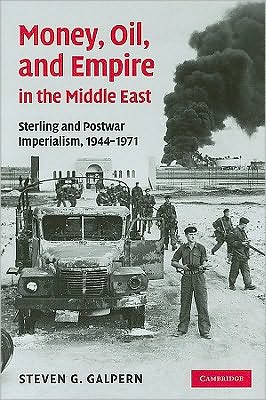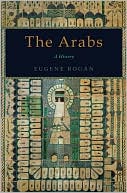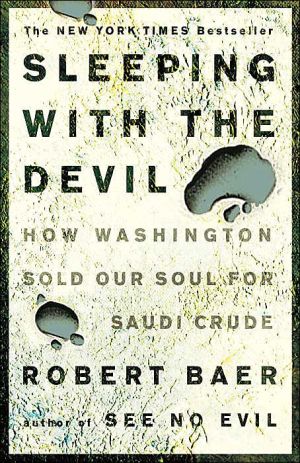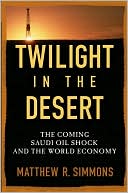Money, Oil, and Empire in the Middle East: Sterling and Postwar Imperialism, 1944-1971
An important new political and economic history of the unravelling of the British Empire and its connection to the decline of sterling as a leading international currency. Analyzing events such as the 1951 Iranian oil nationalization crisis and the 1956 Suez crisis, Steven Galpern provides a new perspective on British imperialism in the Middle East by reframing British policy in the context of the government's postwar efforts to maintain the international prestige of the pound. He reveals the...
Search in google:
An important new political and economic history of the unravelling of the British Empire and its connection to the decline of sterling as a leading international currency. Analyzing events such as the 1951 Iranian oil nationalization crisis and the 1956 Suez crisis, Steven Galpern provides a new perspective on British imperialism in the Middle East by reframing British policy in the context of the government's postwar efforts to maintain the international prestige of the pound. He reveals the link that British officials made between the Middle Eastern oil trade and the strength of sterling and how this influenced government policy and strained relationships with the Middle East, the United States, and multinational oil firms. In so doing, this book draws revealing parallels between the British experience and that of the United States today and will be essential reading for scholars of the British empire, Middle East studies and economic history.
List of illustrations ixList of tables xAcknowledgements xiList of abbreviations xiiiIntroduction 11 Anglo-American conflict over oil and the sterling area 231.1 The rise of the sterling area and the creation of the Bretton Woods international monetary system, 1932-1944 271.2 Anglo-American petroleum talks, 1944-1945 351.3 Balance-of-payments crises and strategic turning point, 1947-1949 481.4 Substitution of sterling oil for dollar oil, 1949-1950 592 Sterling and Britain's confrontation with nationalism in Iran 802.1 The Anglo-Iranian Oil Company, Britain, and Iran, 1900-1946 832.2 From renegotiation to nationalization, 1947-1951 872.3 The balance-of-payments crisis of 1951 and the importance of British control over Iranian oil 1052.4 US anti-imperialism, anti-communism, and Anglo-American conflict, 1950-1953 1142.5 The Consortium Agreement, sterling, and British policy, 1953-1954 1303 The Suez crisis: a sterling rescue operation gone wrong 1423.1 De facto sterling convertibility, declining confidence in the pound, and the continuing importance of oil to the British balance of-payments, 1954-1956 1463.2 Anglo-American defense planning, the Aswan High Dam project, and the nationalization of the Suez Canal, 1954-1956 1503.3 Speculation against sterling and the march toward war 1663.4 Operation "Musketeer," Anglo-American discord, and sterling's collapse 1783.5 Consequences 1934 Kuwait's surplus oil revenue: the benefit and threat to sterling 1984.1 A new oil agreement, expanding production, and Whitehall's anxiety over rapidly rising sterling revenues in Kuwait 2044.2 Sterling convertibility, decolonization,development, and the growing importance of Kuwait's sterling balances to the sterling area 2184.3 Arab nationalism, the threat to Britain's interests in Kuwait, and Anglo-American intervention in the Middle East 2294.4 Britain's continuing balance-of-payments struggle, Whitehall's reconsideration of its military commitments in the Persian Gulf, and US efforts to maintain sterling and British forces east of Suez 255Conclusion: the devaluation of 1967 and the end of empire 268Afterword 287Appendices 295Select bibliography 299Index 313







